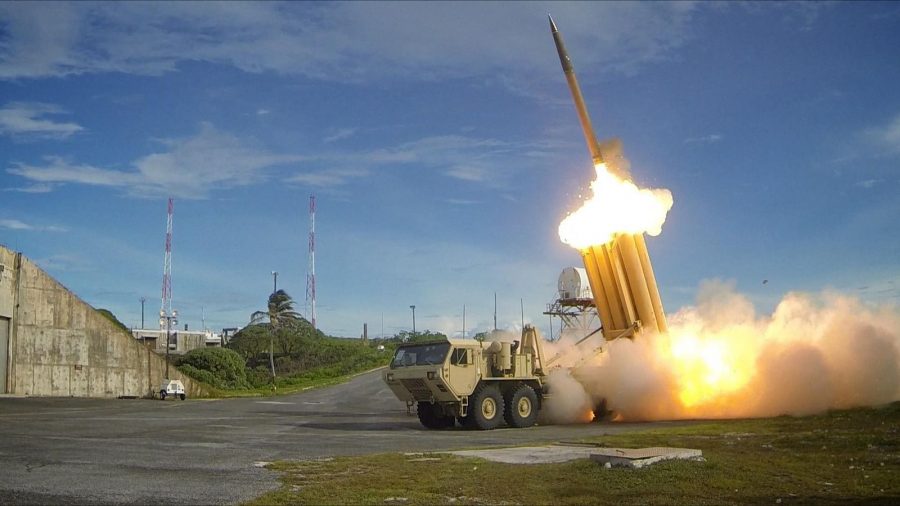North Korea’s Call for Commotion
On the morning of March 6th, 2017, North Korea launched four ballistic missiles. Three out of the four fell into Japanese waters. According to the military in Seoul, South Korea, the missiles were deployed at 07:36, (22:36 GMT Sunday). The exact type of missiles fired is unknown, but same source claims that it is unlikely that they were Intercontinental Ballistic Missiles (ICBM), which can achieve minimally 5,500 kilometers of range. With that, it is temporarily guaranteed that the missiles were unable to reach the U.S. Japan, however, has been startled beyond measure. The Japanese prime minister, Shinzo Abe said, “The latest launches of ballistic missiles clearly demonstrate evidence of a new threat from North Korea, the launches are clearly in violation of [UN] Security Council Resolutions. It is an extremely dangerous action.”
The test launches seemed to be Kim Jong-un’s reaction to the US-South Korean military drills last week. The United States has around 28,500 troops and gear based in South Korea and is planning to set up the Terminal High-Altitude Area Defense (THAAD) anti-missile defense system by the end of the year. Kim deemed such practice to be a “preparation for invasion.” Because he felt threatened by the allied nations, the chairman fired test launches to respond to the aggressive atmosphere in his neighbor country.
Various world leaders censured North Korea’s missiles launches. Kremlin spokesman Dmitry Peskov chided that “These are the sort of actions that lead to a rise in tension in the region and of course in this situation, traditionally, Moscow calls for restraint from all sides.” The United Kingdom’s Secretary of State for Foreign Affairs, Boris Johnson, shares similar opinions to Peskov: “We urge North Korea to stop its provocative actions, which threaten international peace and security. North Korea should instead re-engage with the international community and take credible, concrete steps to prioritize the wellbeing of its own people instead of the illegal pursuit of its nuclear and ballistic missile programs.” Lastly, the spokesman for China’s foreign ministry alleged, “All sides should exercise restraint and not do anything to irritate each other to worsen regional tensions.” The current atmosphere has become rigid, and it is clear that hostilities are rising.
Only last year, North Korea conducted two nuclear tests and 20 missile launches. Justin McCurry, The Guardian’s Tokyo correspondent, states that “concern is growing that with every new test, North Korea is edging towards developing a fully functioning ICBM that, in theory, could strike the US mainland.” Regarding McCurry’s statement, the US State Department’s acting spokesman, Mark Toner, has shared similar opinions. Toner sees North Korea as a “growing threat” and claims “We remain prepared – and will continue to take steps to increase our readiness – to defend ourselves and our allies from attack, and are prepared to use the full range of capabilities at our disposal against this growing threat.” The hostile back and forth by national leaders has engulfed the rest of the world in apprehension.
Sources: BBC, The New York Times, The Guardian








